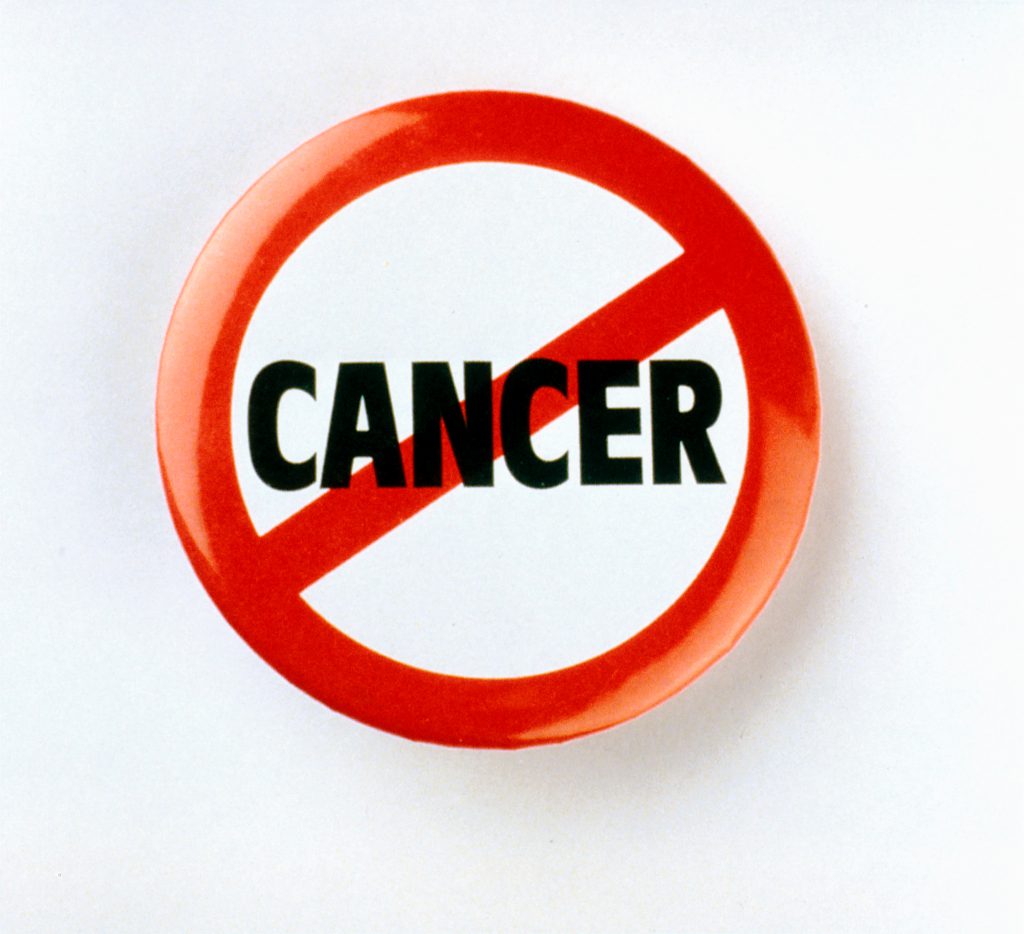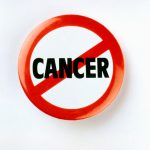Everybody knows somebody, right? It might be a family member, a work colleague, or perhaps a close friend who has been diagnosed with cancer. Hearing the utterance “I’m sorry but the news isn’t good it’s a very aggressive malignant tumor” must be one of the toughest things anybody can face.
Unfortunately, the statistics back up our underlying fears and an infographic on the CANSA website does an excellent job of highlighting the grim reality:
- 1 in 7 South African men run the risk of being diagnosed with cancer in their lifetime.
- 1 in 8 South African women run the risk of being diagnosed with cancer in their lifetime.
- Prostate cancer is the leading cause of cancer amongst men.
- Breast cancer is the leading cause of cancer amongst women.
Now there are some of us that have a genetic predisposition to cancer which simply means that “it’s a family thing” and there isn’t much you can do about that. The good news is that only 10% of cancers form part of the hereditary type and even if you are predisposed it’s not a certainty you will be diagnosed at all.
Taking proactive preventative steps to make sure we live a balanced lifestyle and get screened is the only way we can decrease our chances of becoming a statistic. In this blog post, we are going to highlight the 10 commandments of cancer prevention.
1. Go for your regular check-ups
Human nature is such that we often refuse to consider the possibility of suffering from a severe illness like cancer and we even ignore the warning lights when they are flashing brightly in front of us. The fact of the matter is that men over the age of forty need to undergo a prostate check once a year and women of the same age require a mammogram. Early detection is the key because if caught early, most cancers are treatable and ultimately beatable. Go for your annual medical check-up once a year, and if something else like a disfigured or discoloured mole is giving you cause for concern, do not leave it. Get it looked at.
2. Avoid Tobacco
If you are still nipping out during the day for a smoke break, this might give you cause to stub out your last cigarette and pack (excuse the pun) it in for good. 80% of all lung cancer deaths can be attributed back to smoking. Men who smoke are 23 times more likely to develop lung cancer while women are 13 times more likely. It’s not easy to quit, but if you take a moment to consider the long-term implications of lighting up then it’s worth the initial aggravation associated with some mild withdrawal symptoms.
3. Eat properly
You are what you eat and making sure your diet is balanced will go a long way in keeping you healthy and reducing your risk of getting cancer by as much as 70%. Get your greens in and make sure fruits and whole grains are part of your daily intake. Reduce your consumption of saturated fat and red meat, which may increase the risk of colon and prostate cancer.
4. Exercise
Experts say that exercise can help prevent cancer by reducing inflammation, keeping your weight under control, and boosting your immune system. Thirty minutes a day is the minimum requirement and ideally, you want to split that into three cardio workouts and three strength workouts with at least one day to rest up every week. Pencil it in, it’s important to keep moving.
5. Stay lean
You may be surprised to learn that being overweight or obese is linked with a higher risk of getting cancer. Ideally, you want to use your BMI as a gauge to determine if you are overweight. What is BMI? BMI is a measurement of a person’s leanness or corpulence based on their height and weight and is intended to quantify tissue mass. It is widely used as a general indicator of whether a person has a healthy body weight for their height.
What is a target BMI score?
- Between 18.5 to 24.9
Quick example. A 44-year-old man who is 178 cm tall and weighs 81 kilograms will have a BMI score of 25,6 and would be considered overweight. https://www.gethealthy.sa.gov.au/healthier-you/tools-and-calculators/bmi-calculator/
6. Make sleep a priority
When you sleep your body heals, and it’s estimated that over the course of an average person’s life we end up spending a staggering twenty-six years knocking out a few ‘zzzzzzzzz’. Getting enough sleep is vital to longevity and disease prevention. Disruptions in the body’s “biological clock,” which controls sleep and thousands of other functions, may raise the odds of cancers of the breast, colon, ovaries, and prostate. Make sure you get to bed at roughly the same time every evening. Try and avoid taking technology devices with you that can be up being a distraction while you rest up and aim for a solid 8-hours if you can.
7. Avoid exposure to radiation
We all need a little sunshine in our lives but basking in the rays like a seal for hours on end will increase your risk of skin cancer. Regular sun exposure is the most natural way to get enough vitamin D which is key to our health but getting 10–30 minutes of midday sunlight, several times per week is enough. If you are out in the sun for a longer period than that, make sure you slap on some sunscreen with an SPF of 15 or higher.
8. Avoid infections that can lead to cancer
This is a great article on the various infections that can lead to cancer. We aren’t talking about the common cold here, but it’s a proven fact that being diagnosed with something like Hepatitis B or C could lead to liver cancer.
9. Don’t drink too much
Most of us enjoy a drink or two occasionally but alcohol abuse can lead to different forms of cancer including the obvious one (liver cancer). Fourteen drinks a week is considered moderate consumption for guys and seven drinks a week for women. You see it on the labels, but we should really take the message to heart if we want to avoid alcohol-related illness springing up later on in life – “Drink responsibly”
10. Get enough vitamin D
Many experts now recommend 800 to 1.000 IU a day a goal that’s nearly impossible to attain without taking a Vitamin D supplement. The reason is that evidence suggests that Vitamin D may help reduce the risk of prostate cancer, colon cancer, and other malignancies.
You never know when life is going to throw you a curveball. Make sure you have a Critical Illness Cover in place to pay out a tax-free lump sum if you are diagnosed with a horrible illness like cancer.
Until next time.
The Wise About Life Team
















